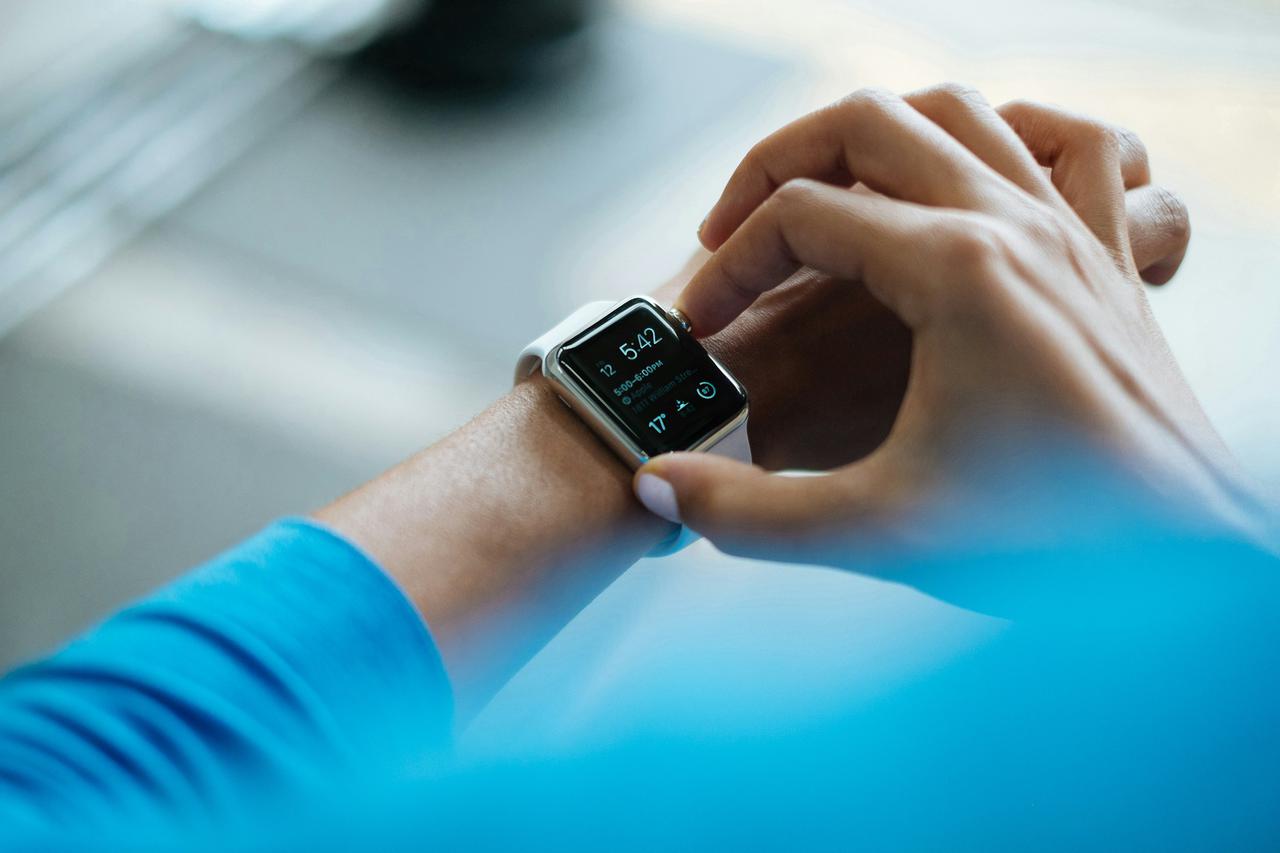As we dive deeper into the digital age, wearable technology continues to evolve at an astonishing pace, promising to reshape our daily lives in unprecedented ways. Predictions for the next generation of wearables suggest that these devices will integrate seamlessly into our routines, enhancing how we monitor our health and interact with our environment. From smartwatches and fitness trackers to advanced augmented reality glasses, the future of wearable technology holds immense potential for improving our productivity, connectivity, and overall well-being.
This blog post will explore the emerging trends in wearable devices that are set to transform everyday life. We'll examine how innovations in design, functionality, and connectivity are poised to redefine our interactions and experiences, making technology an even more integral part of our lives.
As we look toward the future, predictions about the next generation of wearable technology suggest a dramatic evolution in both capabilities and design. Smartwatches, fitness trackers, and smart glasses will likely integrate advanced artificial intelligence (AI) that personalizes user experiences in real time. For instance, wearable devices may soon monitor health biometrics, analyze patterns, and offer tailored health recommendations, effectively acting as personal health coaches. Furthermore, breakthroughs in biotechnology could lead to wearables that not only track vital signs but also deliver medication or perform health diagnostics, transforming how we manage our well-being.
Another exciting prediction involves seamlessly integrating augmented and virtual reality (AR/VR) into lifestyle wearables. Imagine navigating your daily tasks with smart glasses that overlay pertinent information—like traffic updates or calendar reminders—onto your field of vision. This enhanced interface will streamline tasks and foster deeper connections among users through shared experiences and interactions. As 5G technology rolls out, the connectivity of these devices will enable instantaneous data sharing, enhancing their functionality and making the transition into the future of wearable technology more fluid and intuitive.
The rise of health-focused wearable technology signifies a significant shift in how individuals monitor and manage their well-being. Smartwatches and fitness trackers now incorporate advanced sensors capable of tracking everything from heart rate to sleep patterns. These devices provide real-time health data and harness artificial intelligence to offer personalized insights, encouraging users to adopt healthier habits. As a result, wearables are expected to evolve into essential tools, further integrating health monitoring into daily activities, thus making it easier for people to stay proactive about their wellness.
In addition to health applications, wearable technology increasingly incorporates augmented reality (AR) to enhance daily experiences. With AR glasses on the horizon, users can expect to receive contextual information overlaid on their physical surroundings, streamlining tasks such as navigation and shopping. Imagine walking into a store where smart glasses highlight discounts or suggest products based on your preferences in real-time. Furthermore, advancements in haptic feedback technology promise to revolutionize communication, allowing wearables to convey subtle notifications through vibrations or tactile responses. These emerging trends indicate that wearable devices will enrich personal health management and redefine how we interact with our environment, ultimately leading to a more connected and efficient daily life.
Wearable technology is rapidly changing how we manage our daily lives, unprecedentedly enhancing convenience and efficiency. Devices like smartwatches and fitness trackers allow users to monitor their health metrics in real time, enabling them to make informed decisions about fitness and wellness. For instance, receiving instant notifications for heart rate spikes or sleep disturbances helps individuals take proactive steps toward improving their health.
Additionally, wearables integrate seamlessly with other smart devices, creating a cohesive ecosystem that simplifies daily tasks. By syncing calendars, reminders, and communication apps, wearables enable users to stay organized and connected without constantly reaching for their smartphones.
Furthermore, wearable technology is redefining how we interact with each other in social and professional settings. With features like hands-free communication and instant access to information, wearables streamline interactions, allowing for more meaningful engagement. In workplaces, employees equipped with smart glasses or augmented reality headsets can collaborate efficiently, sharing insights and visual materials on the go. This connectivity fosters a culture of agility and responsiveness, which is essential in today’s fast-paced environment.
Reach out to us at Doha to learn more about the future of wearable technology, which includes convenience and improved efficiency in our everyday lives. Call our team at 1-888-DOHAINC to speak with our specialists about wearable technology and our subscription-based tech services. You can also get updates regarding our products and services by signing up for our email subscription list.
